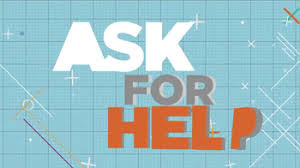In my darkest bleak midwinter, I find the following. And I believe again. I do believe we can get back to this. And if the video were made again, with everybody in masks, it would not detract from the joy. It really wouldn't.
PS - While you are watching, dance!
If all the days that come to passAre behind these wallsI'll be left at the end of thingsIn a world kept small
Travel far from what I know
I'll be swept awayI need to knowI can be lost and not afraid
We're gonna trip the light
We're gonna break the nightAnd we'll see with new eyesWhen we trip the light
Remember we're lost togetherRemember we're the sameWe hold the burning rhythm in our heartsWe hold the flame
We're gonna trip the lightWe're gonna break the nightAnd we'll see with new eyesWhen we trip the light
I'll find my way homeOn the Western windTo a place that was once my worldBack from where I've been
And in the morning light I'll rememberAs the sun will riseWe are all the glowing embersOf a distant fire
Come on and trip the lightWe're gonna break the nightAnd we'll see with new eyesWhen we trip the light
Music: Garry Schyman©
Lyrics: Alicia Lemke and Matt Harding©
Source LYBIO.net






























